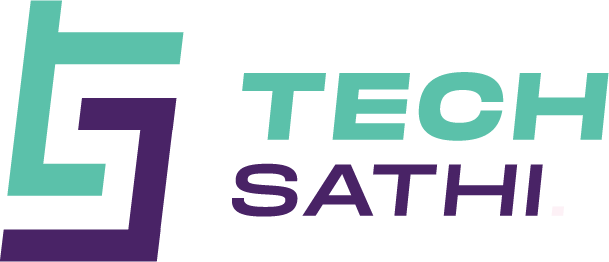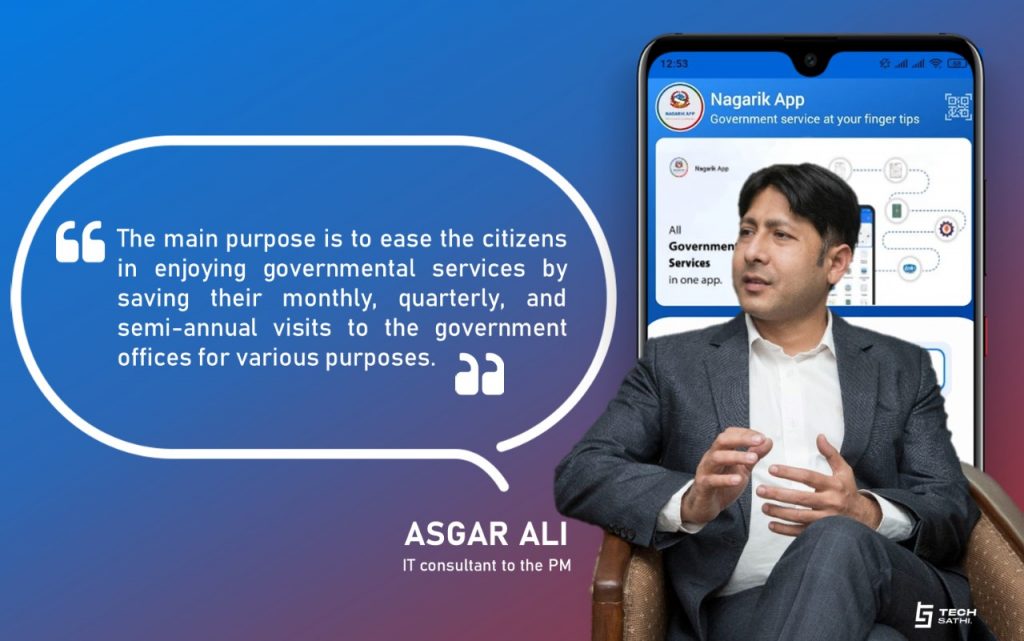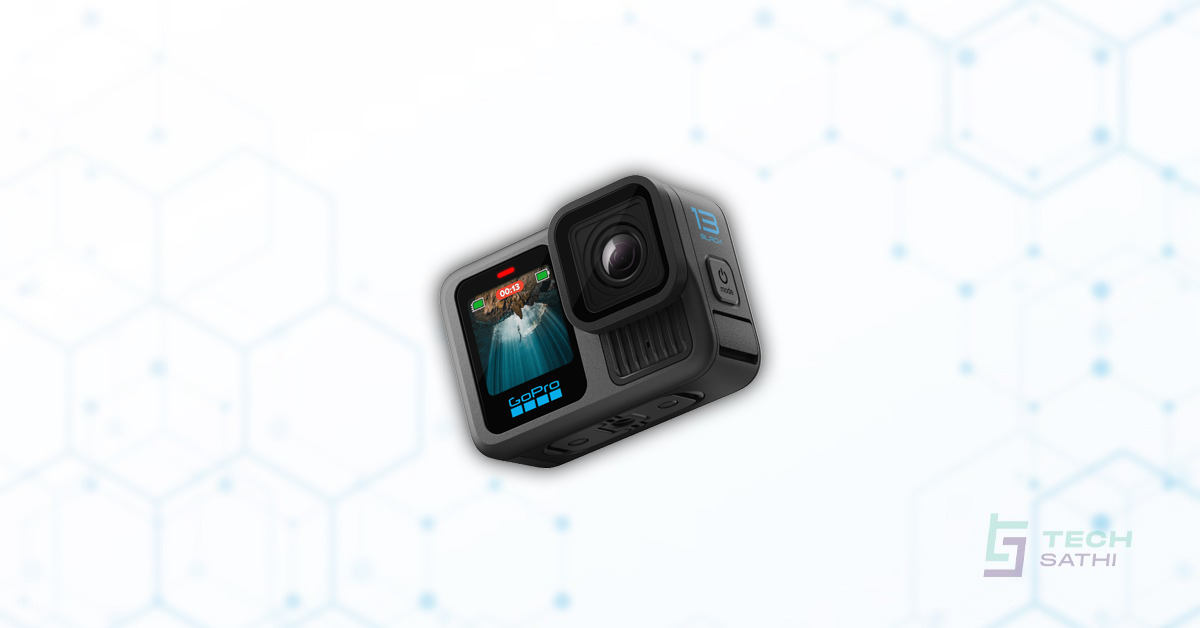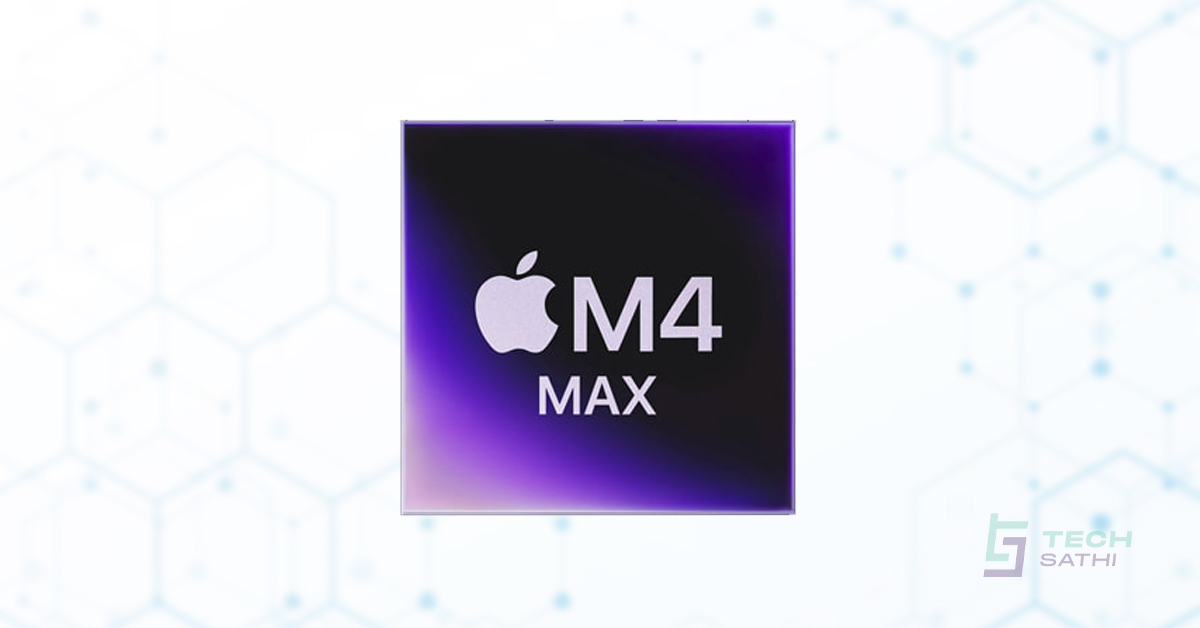Imagine getting your PAN number while staying at home? Or opening a bank account without any physical presence in this lockdown and even further! Well, this dream has become a reality with the official release of the full version of the Nagarik App by the Government of Nepal on the 2nd of May, 2021.
Nagarik App is a mobile application developed to incorporate all government services in one single system so that any citizen would get rid of the hassle of carrying a pile of their identification documents whenever visiting any governmental service units/ departments.
The beta version of it was released back on January 15, 2021, with 50% of the services in operation, including 9 governmental services. And within 10 days of its release, the app had already crossed 100K downloads. However, it received many complaints regarding the issues in the verification of the citizenship ID and the official launch of full-version was delayed.
Nagarik App: What’s new in the Full Version?
At present, you can know about the updates made recently and download the app from the Google PlayStore. Now, one can verify their account through any one of the options among the citizenship ID, voter’s ID, or passport ID.
Moreover, it is fully equipped with the facilities like applying for the license, exams of Public Service Commission, PAN card, police clearance report; and also getting the details of taxes paid to the government on their own mobile sets.
On top of that, the most interesting feature about this app is that for the first time in the world, opening a bank account and verifying your KYC through a QR code, without the need for your presence in the bank is now possible. Well, at present this service is provided by Siddhartha Bank Limited and Nepal Bank Limited. This feature was inaugurated by the Prime Minister himself where he opened a bank account through the QR code in the system.
Also read: Nagarik App Goes Official From Today: Here’s What You Can Do With It
The central objective in developing this kind of app was to ease the government services digitally and to bring governmental units into digital inclusion; which is one of the missions of the Digital Nepal Framework.
Skeptic About Security Issues?
The major concern of the users after the app has been made public is regarding the issues in the verification of their identification documents and the skepticism about data security.
The issue in the verification of citizenship ID has been raised because most of our citizenship IDs were manually updated in the CDO offices before and it would obviously take some time to fully integrate into the digital system under the Home Ministry.
One thing is to be clear that Nagarik App does not store the users’ important documents digitally. Rather it is a platform that interlinks already stored digital data of identifications from 3 major governmental units- The Home Ministry, the National Election Commission and Department of Passports to the concerned governmental service centres whenever it is required for the verification process.
However, it is all up to the beneficiary citizens to allow the access of their information to the concerned governmental offices while required. It implies that no governmental/non-governmental unit or service centre can invade the sensitive documents since they are not accessible without the user’s confirmation.
Know the Man Behind this Novel Idea
Alright, if you have installed this very app and used it, you might be proud of what milestone Nepal has achieved digitally. But do you know whose brainchild is this? Well, we would not leave you oblivious in this matter.
The man behind this idea of developing a single app to integrate all the documents that are required in a governmental service unit, so as to reduce the queues outside the government offices and to encourage digital transactions is Mr. Asgar Ali, the IT consultant to the PM K.P. Sharma Oli.
Asgar Ali is one among the team who introduced the first mobile wallet and digital payment gateway of Nepal- eSewa. Having over 17 years of experience in the field of IT, his extensive involvement in software product design activities and leading the IT companies with success led him to work as PM Oli’s IT advisor.
We all know the popular slogan quoted by the Prime Minister that says “Prosperous Nepal, Happy Nepali” during his oath taking ceremony. And as per this vision, for the first time in Nepal, PM had appointed an IT expert to advise him in the efforts to attain that vision along with enhancing the digital inclusion across the country. So, Asgar Ali, who had been leading IT companies in the private sector got to deliver his assistance to the government for a great purpose.
Throughout his tenure, the government also has shown action oriented efforts in making Nepal digital. As a result, the government came up with the fully documented Digital Nepal Framework ; a guideline for attaining 50% of digital conversion by 2025.
With a keen enthusiasm of the government in introducing digitally supported services and to invite the private sector for collaboration for digital revolution, the team of Asgar Ali was able to organize the first Digital Conclave in the country – Fonepay Digital Economic Conclave 2020 on 28th of November, under the chairmanship of Biswas Dhakal, President of F1 Soft International.
How did he come up with this idea?
From the time of his appointment in 2018, his team was doing some homework on how to maintain transparency in the delivery of governmental services along with easing the beneficiaries in enjoying that service.
The main problem they saw was the need to verify every single document whenever we visit any government office, since their systems (including websites and mobile apps) were decentralized.
As a result, it had been bothersome for the beneficiaries to print or get the photocopy of their important documents in every government office they visit.
The lack of coordination between the information systems of governmental offices was incurring huge costs (both time and money) for both the governmental offices and public at large.
To solve this problem, Asgar Ali came up with this innovative idea such that every document of public required for verification in the government offices would be integrated by a single app which would reduce the hassle for verifying those documents repeatedly.
And that idea has been introduced as Nagarik App which has been carried out with the technical set up and operation handled by National Information Technology Centre (NITC), and the administrative and policy level implementation is carried out by the Ministry of Communications and Information Technology. Similarly, the Office of the Prime Minister and the Council of Ministers are the key facilitators in launching and operating this app.
Regarding the purpose of this app, he answered,” The main purpose is to ease the citizens in enjoying governmental services by saving their monthly, quarterly, and semi-annual visits to the government offices for various purposes. One of the achievements of it is that 11,633 people have already got their PAN number using this app, without visiting the Taxpayer Service Office.”
According to him, Nagarik App is the first app to have a 3 party security audit since the personal identification present in 3 major governmental units is to be verified such that it would not be a hassle to other departments and government bodies for repeated verification.
Challenges and Way Forward
Nagarik App is indeed a giant technological leap for a least developed country like Nepal. It is evident that Nepal has also embraced the vision of attaining digital inclusion at a faster pace. Though Nagarik App is a huge project that we must adapt to using it, there’s still some space for improvement in its system. The major challenges it has faced in the development and implementation phase are:
- Data accuracy: Since there are issues regarding failures of verification of identification of documents of some users, it requires a period of time in order to rectify the wrongly entered data in the three major offices (especially in the case of Citizenship ID).
- System Coordination: Nagarik App is all set to provide integrated governmental services through its API system. But since it does not store the data and just integrates it between the governmental units, problems may arise when the system in any one end of the transaction does not work accordingly when the user scans a QR code for that particular service. So, the major challenge is how strong and accurate the database of citizens are in individual governmental units.
- Expansion of Services: Nagarik App has been developed in a way that new services could be added accordingly and every time it is done, the system undergoes an audit procedure. Mr Asgar Ali informed that they are adding more and more units and agencies of both government and private sectors along with the integration of payment gateways for governmental payments. However, as of now, it is not accessible by the Nepalese abroad and the IOS version is still on its way of development.
- Bureaucratic Hurdles: When a single app can be used to verify your personal identification, the concern of some bureaucrats is if it would cease the job of government officers who are appointed for that particular task. Moreover, some dignitaries have raised their concern that the whole idea of Digital Nepal and this app would be left over after the tenure of the present government.
Whatever may the challenges be, Nagarik App is now the asset of each and every individual of this country and the development team is also working on its own to make every possible effort in serving the cutting edge experience of governmental services digitally. As per the information provided by Mr. Ali, the full implementation of the Nagarik App can be achieved after the completion of three phases.
- Phase One: It would take a period of 1 year to rectify wrong entries in the three governmental offices for data accuracy and availability.
- Phase Two: It would also take a year to add more units and agencies of government and private sectors. Some additions can be in educational documentation since it is only available up to +2 level as of now.
- Phase Three: This would include the awareness and implementation of its usage from the grassroots level. This requires full support from both the government and the private sector in educating people about the usage of this app, which could be possibly done by promoting self-paced digital learning materials and campaigns. It has aimed to reach at least 5 million users in a year of its operation.
Along with that, some more service integration is in the process of development:
- Within 10 days, the vehicle users of Bagmati Province can pay taxes of transportation through this app
- Out of 60 services, at least 45 services from the local level government (starting from Kathmandu Metropolitan Office) would be delivered through this app within a couple of months
- Within 2 months, the option for verification of users’ academic documents relating to Tribhuvan University and Kathmandu University would also be made available
Conclusion
Nagarik App has gained huge applause from both the government and the general users of it within a very short period of time. Along with that, it has added more expectations from the public regarding data accuracy, system efficiency, and security while using this app. This app still needs further improvement for full implementation and some of the policy researchers and intellectuals have suggested phase-wise planning and implementation of this huge project. Similarly, some private sector associations like CAN Federation have also shown their interest in contributing to the full implementation of this app either through technological support or in terms of human resources. Some of the policy researchers have also suggested the Public-Private-Partnership (PPP) model in order to implement it fully such that this mission would not go in vain even if the government changes.
Regardless of all these concerns, Nagarik App is bound to be the game-changer in the service delivery by the government and would certainly heighten the efforts in attaining the vision of digital economy.
Techsathi congratulates Asgar Ali and the entire team behind this to introduce such a groundbreaking initiation which is vital in making Nepal digital. Similarly, we congratulate both the government and the public to have an integrated system for the effective delivery of government services thereby reducing the cost, time, and effort from both ends.









